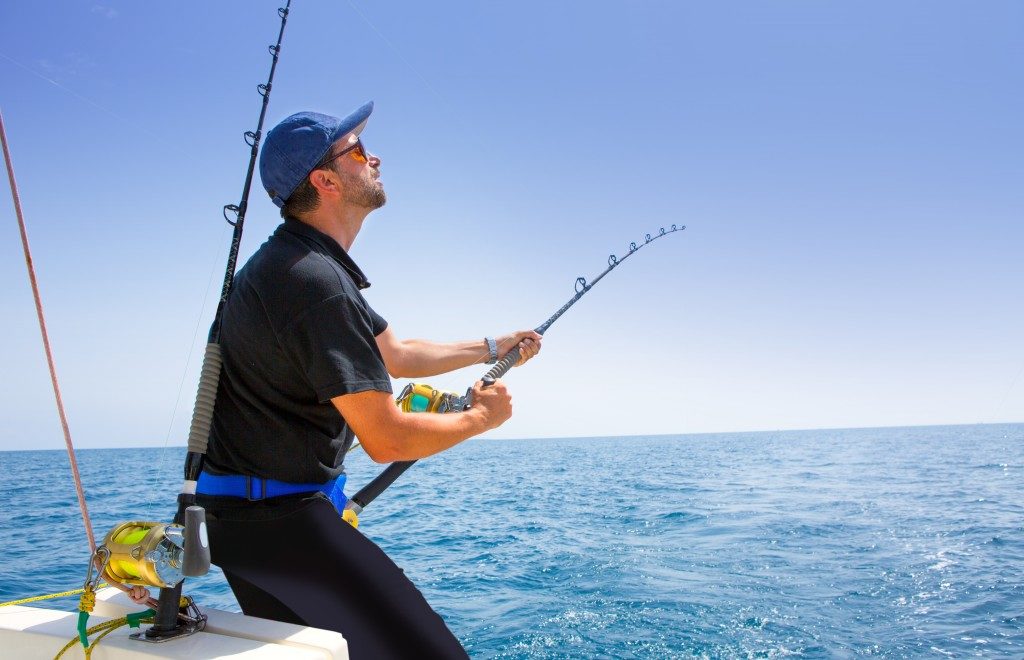Killing animals for sport and enjoyment is understandably not for everyone. But surprisingly, trophy hunting isn’t what non-hunters think. It is not a brutal activity that depletes the wild of big game animals. Instead, trophy hunting is a recreational sport that helps conserve wildlife.
Ironic, admittedly, but to explain that, the federal excise taxes imposed on hunters go directly to wildlife management. These are hundreds of millions of revenue, which comes from the U.S. alone. Moreover, hunting sites are a controlled and monitored environment, and hunters are only allowed to kill certain animals. It isn’t the same as poaching, which is illegal and does deplete the wild of big game animals for profit.
The controversy and outcry surrounding trophy hunting mostly come from the misconceptions about it, particularly related to poaching. But as pointed out above, hunting doesn’t intend to wipe out an entire species. It results in one animal fewer in the wild, yes, but that’s their only similarity with poaching.
These facts alone are already enough to explain why hunting should be kept legal, but there’s more to the sport for us to understand. Below are the rest of the reasons it shouldn’t be banned:
Hunters and Committed to Sustainability
The most enlightened hunters, including Charles Darwin, John James Audubon, Theodore Roosevelt, and Earnest Hemmingway, regard themselves as naturalists and conservationists. They stood for the sustainability and the preservation of wildlife. And if you ask any hunter, they’d most probably say that slaughtering an animal you caught yourself is more humane than buying the meat of industrially-raised livestock.
Hunting is comparable to what a typical livestock farmer does. When they go to the market, they won’t bring all their cattle at once because no more would be left for them to sell on their next trip. Instead, they would only sell a few at a time and let the rest multiply so that their herd would grow and give them more cattle to sell.
Safari game parks are similar. They don’t make their hunters go on a killing spree until they exhaust the park of all animals. Like livestock farmers, parks also increase their big game animals, which has proven that they expand the wildlife population rather than decrease it.
However, trophy hunting has its share of moral and financial problems too. In Africa, the so-called “big five” (lion, elephant, leopard, rhino, and Cape buffalo) are dwindling in number rapidly due to human encroachment, changing climate norms, and prevalent poaching. Biologists estimated that the total losses of large mammals in Africa’s protected sites have gone up to 60% between 1970 and 2005. As a result, fierce opposition met trophy hunting in the continent, especially if the animal at risk of being killed is named like Cecil the Lion.
But hunters stand their ground that a regulated hunt for endangered animals will help conserve them. It doesn’t mean that they don’t feel remorseful about it, though. Felix Marnewecke, a professional hunter expedition guide in Nyae Nyae, admits feeling bad when an elephant dies. Still, each death pays for the conservation of thousands more that inhabit the area.
Scientists Support Hunting
Biologists are concerned with populations, so if Africa, for instance, gets rid of their conservancies, then they’d be left with only cattle. However, this concern draws flak because animal-rights organizations firmly believe that wild animals shouldn’t die. This is, in turn, makes biologists appear coldhearted.
While such criticism will be inevitable, the 133 scientists who wrote an open letter supporting trophy hunting didn’t back down. According to the group, there’s compelling evidence that banning trophy hunting will not protect animals but will, in fact, harm conservation.
True enough, if trophy hunting is banned completely, the huge areas of land that used to be safari parks may be converted to other uses, ridding animals of their natural habitat.
A ban may trigger more poaching and killing incidents due to conflict with local people. With wildlife unmonitored, the animals will only be more at risk of ensnaring, poisoning, and habitat loss.
Ways to Promote the Benefits of Hunting

If you’re the only one in your family or social circle that hunts, start by taking them on a trip to your favorite hunting stores. It won’t immediately turn them into hunting fans, but the array of gears and equipment may stir a desire for adventure and fun in them.
Share how hunting keeps your fitness in check without ever going to the gym. Trailing animals increases the heart rate like cardio does, and the rifle’s weight builds up muscle and strength.
Hunting can be a form of family bonding, too. It will definitely bring you closer because the sport requires communication, trust, and teamwork. The meal you’ll prepare from your hunt will make for an extra special dinner, as well.
Important life skills such as discipline, patience, time management, and alertness can be picked up from hunting. They’re essential for your personal growth and survival instincts.
Evidently, hunting has a lot of benefits other than conserving wildlife. There would always be people against it, but as long as the sport stays committed to protecting big game animals and their habitats, hunters are still making the world a better place.


